The most difficult thing when it comes to addiction issues is recognizing the signs and symptoms in the first months. For example, if you are hung on drugs, alcohol, betting, or even eating and other everyday activities that don’t look risky, the most difficult problem will be confessing it, first for yourself, and then to the people, you love. It’s even harder to see if someone close to you, a sibling, family member, friend, or partner, has issues with substances or other addictive actions. We all tend to deny that something bad is happening in our family, and that gives a lot of space to the person to get even more addicted, and the problem to get bigger, to the point there is no returning.
But, there are also many successful recovery and rehabilitation stories, when the person who has the problem was aware of that and asked for help on time. Surely, it happens more rarely than the other worse scenarios, that may end up with deep addiction, which may result in arrests, law issues, staying in a mental health institution, or centers that work with these people, and in worst cases, death.
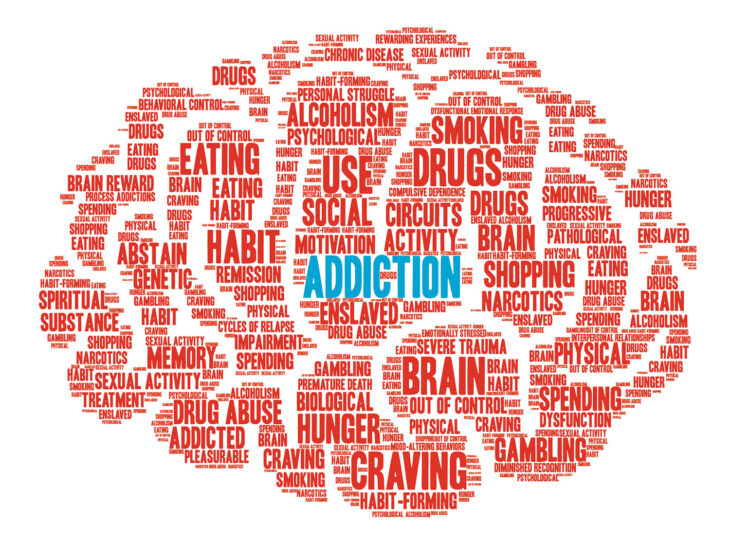
Source: Bangkok Post
Every addiction brings a lot of risks. For example, gambling may lead to losing all your money and belongings, which is really bad, and no one wants that to happen. When consuming too much alcohol, the person is harming their body and ruins the health, which may lead to serious health problems, alcohol poisoning, driving while drunk, and many other outcomes that are not good for anyone. Drug addiction is the hardest to recover from, and sadly, many cases ended up with deaths, leaving the grieving families behind with no money and mental health issues. The family will always try to help the person with everything they can afford, including selling houses, jewelry, valuable things, of course, of the addicted person haven’t done that for drugs or gambling.
But, how can you help if you are suspicious that this person is doing something dangerous for their life? Is there an easy way to get out of this? You can visit here and see what the licensed therapists think about that, and also, get informed how to make the person be honest to themselves first, and then accept the help you are offering. In most of the cases, the things go like this:
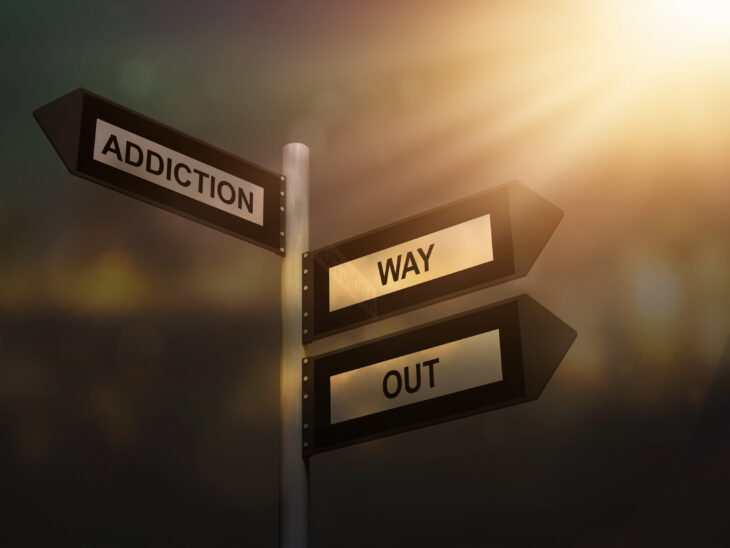
Source: Florida Coast Recovery
Contents
1. Getting suspicious
When you see an unrecognizable pattern in the person’s behavior, the first thing that comes to your mind is that something bad is happening, and that’s what we call suspicion. Your guts are telling you that something is wrong, but you can’t really prove that, because you don’t really have something to hold on to.
2. Recognizing the issue
If you follow their behavior and look for something that will confirm what you are thinking, you will be able to recognize the patterns. There are a lot of signs that surely show what is happening, and you only need to connect the dots, create the picture, see it without subjective feelings and emotions, and accept the problem as an adult, who is responsible and ready to help in situations like this.
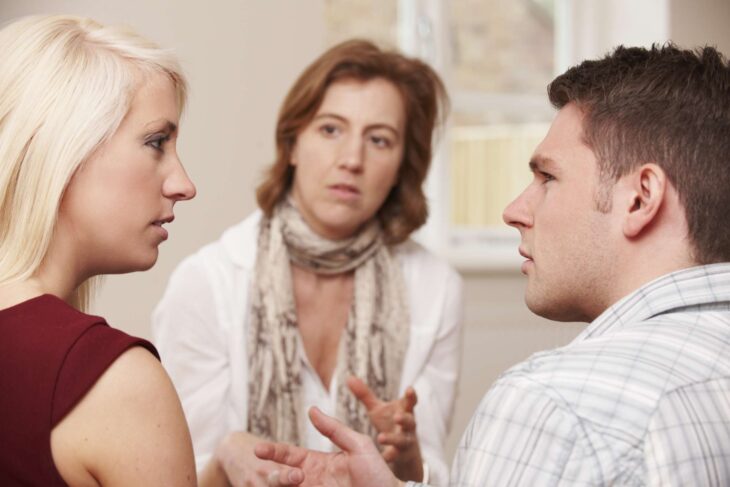
Source: Verywell Mind
3. The denial phase
One day, the proof you are looking for will simply show up. And, the hardest thing comes – the phase named denial. No one can accept that something went wrong with their family, and they will try to see the bright side, hoping that the proof is wrong. But, there come the second one, the third, and so many things that just confirm something is wrong, but the soul doesn’t want to believe in that.
4. Getting out from the denial phase
This is even harder than denial. You have all the proofs you were looking for, and the whole picture is clear – someone you love is at risk because they are addicted to some substance, alcohol, gambling, or another dangerous activity. Now you are telling them you know everything, and they deny it until they see the evidence. So, acceptance is here, which leads us to the next step.
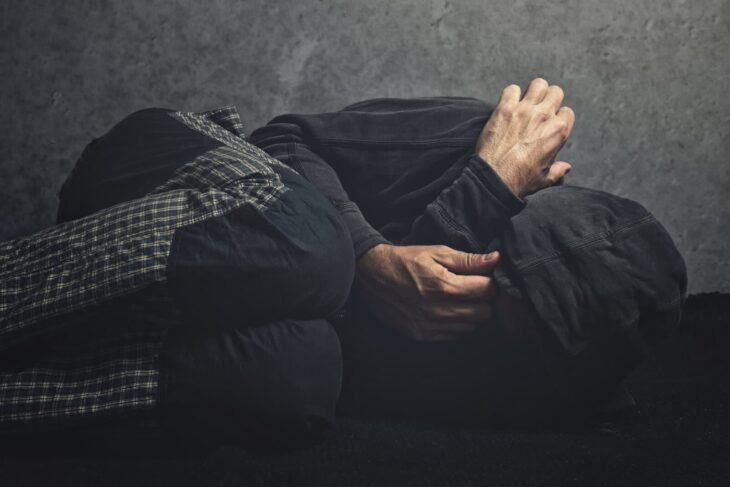
Source: Addiction Center
5. Asking for help
Not every family, or partnership, is strong enough to overcome the problem in a few weeks. Sometimes, it may last a few months, or years, until the person who is addicted to something recovers. There will be episodes of getting back to it, so you have to look for trained and certified professionals who will be able to deal with this type of issue, and help the person to get out from that dangerous loop, and start living a normal life again.
6. The afterward
Recovering is not easy, and there is always some risk for the person to get back to old habits. Sometimes this whole process is successful, and the person is never getting back to what made them addicted. Sadly, there are plenty of situations when the family thinks everything is fine, but the person is working behind their back, and once again is getting addicted to the same or another thing they now find interesting to them. Even sadder is the fact that sometimes there is no point of return, and the family may give up on this person, leaving them to do what they want to do, until they don’t hurt the parents, siblings, the partner, or the children.
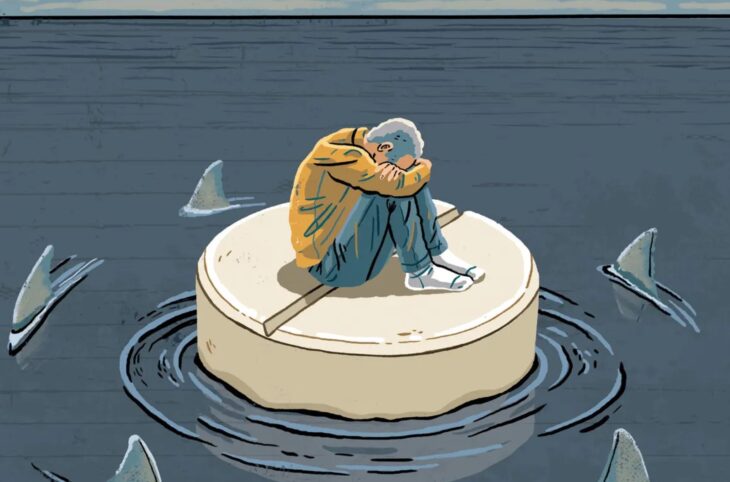
Source: The Guardian
If you have a problem with a similar situation, as we described in this article, you must know that a fast reaction may save a lot of lives. Sometimes you don’t even need to collect that evidence, because it’s enough to put some pressure on the person and make them confess what is happening.
Every issue is different, and every person has a different character. Sometimes it will be easy for them to accept the help, and go to the regular meetings with their therapist, but of course, there will be those days with a lot of fights, crying, yelling, and arguing. In the end, one thing is for sure – you and the people around you will get out from this stronger than ever before, no matter if the addicted person is with you or not.
